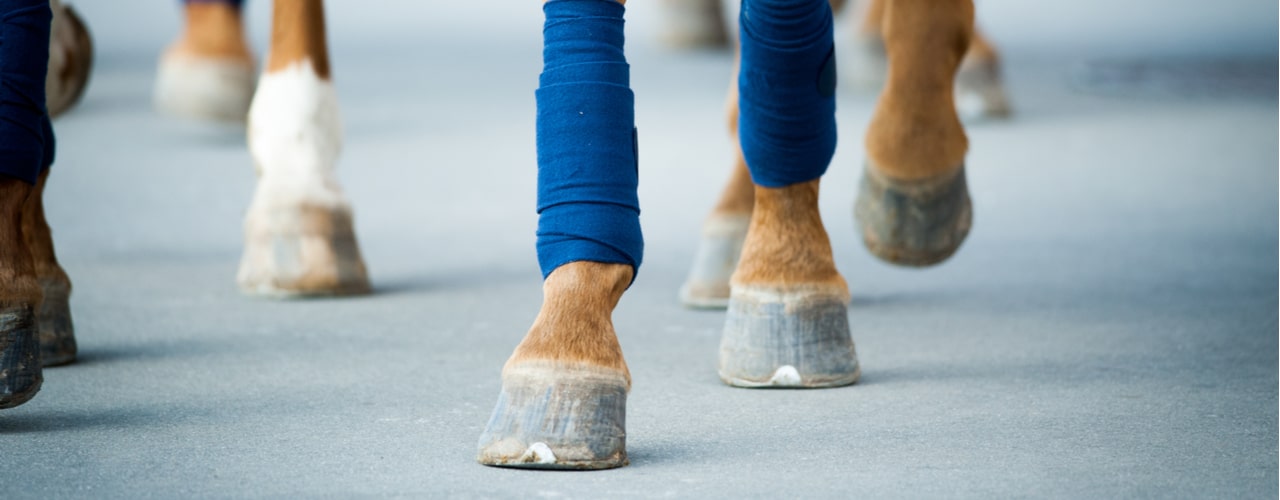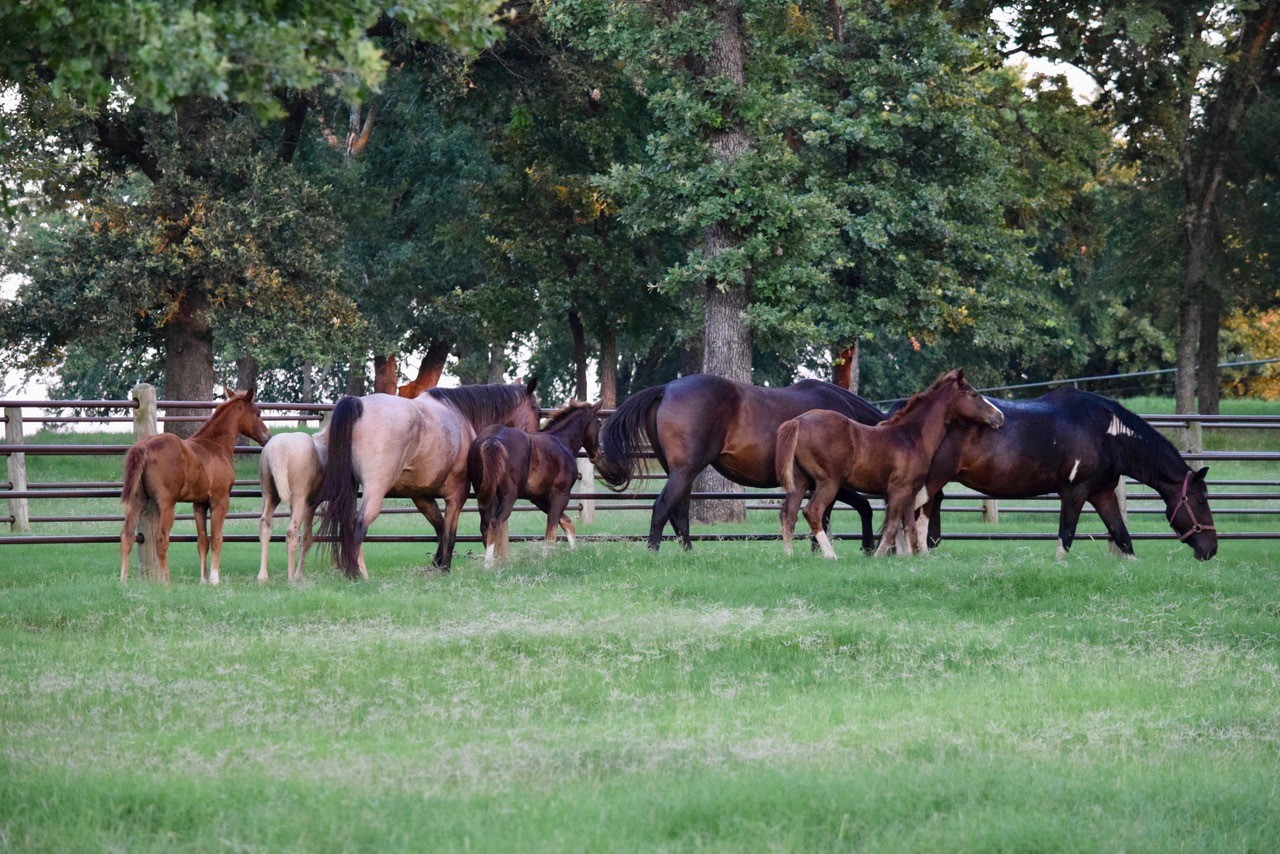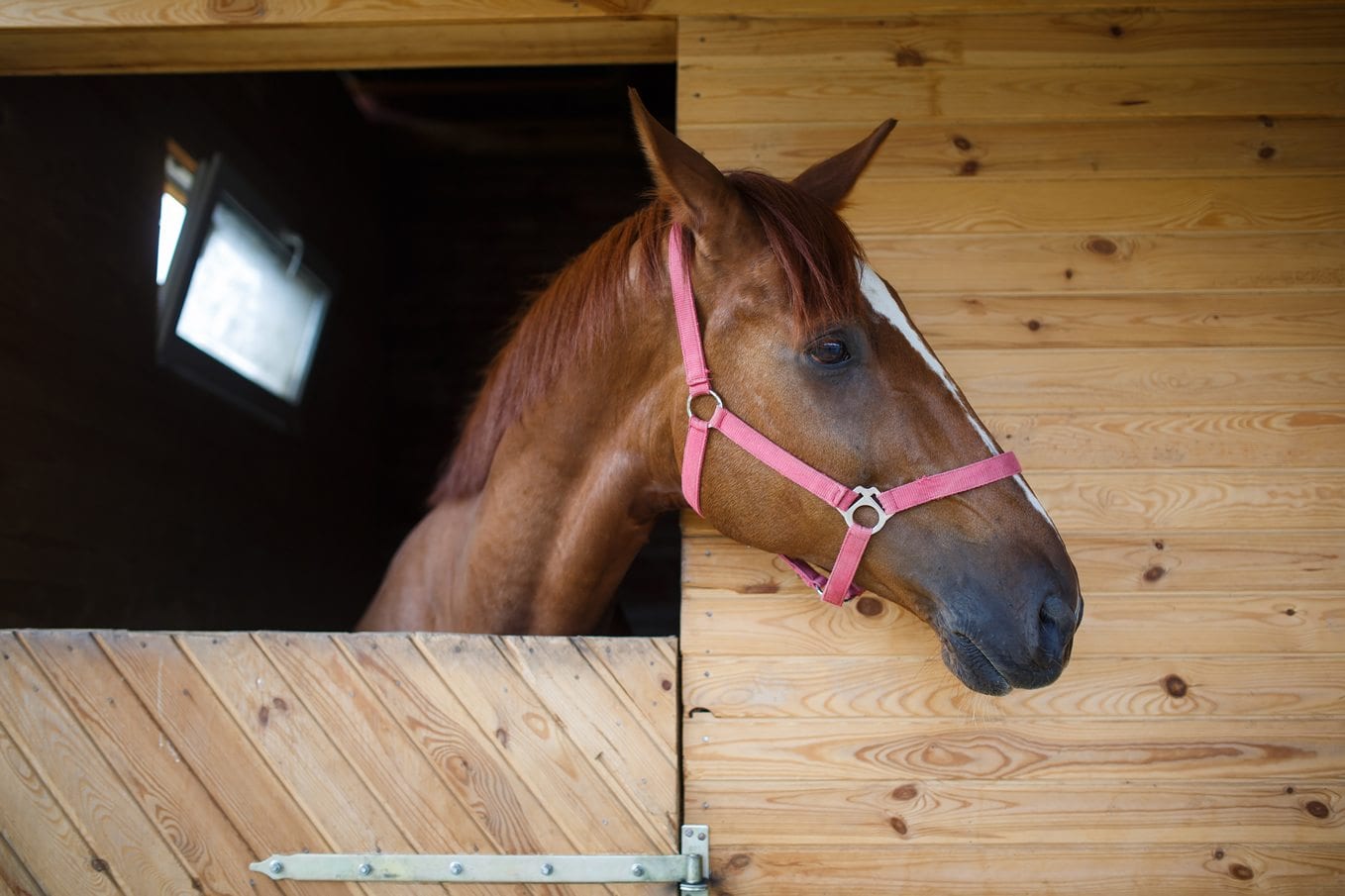A healthy gastrointestinal tract and strong hooves are essential for the overall well-being of any equine athlete. Conditions that impact these vital structures can result in drastic consequences that cause discomfort and limit performance.
These two systems also have a deeply interconnected relationship. While every horse person knows the old saying, “no hoof, no horse,” you may not realize how much healthy hoof growth relies on nutrients absorbed from a functioning GI tract.
On one hand, gastrointestinal issues can prevent the optimal absorption of nutrients, compromising the structural integrity of the hoof. On the other, a healthy gut and balanced microbiome are essential for achieving and maintaining healthy feet.
Here’s what you need to know about the gut-hoof connection and how to manage equine gastrointestinal health to support hoof health.
The Link Between Digestive Health and Hoof Health
Adequate nutrient absorption and a balanced microbiome are two of the most significant factors that support optimal hoof health. Management decisions that support a healthy digestive system can also play a significant role in promoting soundness and healthy hoof growth.
Nutrient Absorption
Water, energy, protein, vitamins, and minerals from your horse’s diet are critical for hoof maintenance. But a lack of nutrition or ineffective nutrient absorption due to gastrointestinal conditions can prevent the hoof from getting the nutrients it needs for growth (Jančíková et al., 2012).
If your horse has poor quality hooves, evaluate the nutritional content of his diet with your veterinarian to identify any gaps that may contribute to poor hoof health. Horses that struggle with hoof problems despite a well-balanced diet may have an underlying gastrointestinal issue.
GI problems limit the availability of nutrients essential for hoof growth by impairing gut function or reducing appetite. Digestive support that aids gut function and comfort can promote healthy hooves by optimizing the absorption of these crucial nutrients.
Microbiota Disruption
Fiber from high-quality forage is a vital component of the equine diet. While horses depend on fiber for energy, their small intestine cannot digest the structural carbohydrates found in forage. The digestion of this fibrous diet requires fermentation by billions of bacteria in the hindgut (Julliand, 2016).
A balanced intestinal microbiome is critical for the optimal gut function and nutrient absorption necessary for hoof growth. In addition to obtaining energy from fiber, the microbiome also produces vitamins that promote hoof integrity.
Modern feeding practices that involve carbohydrate-rich feed and inadequate fiber can disrupt bacteria populations and negatively impact hoof health (Milinovich et al., 2007). But hindgut support that promotes a healthy microbiome can help optimize both gut function and hoof condition.
How Good Nutrition Contributes to Healthier Hooves
A balanced diet with the following nutrients can help ensure that your horse’s hooves stay healthy.
Carbohydrates
The equine hoof requires significant amounts of energy from carbohydrates for continued growth. However, excess sugars can contribute to hoof issues.
Horses should get most of their energy from the structural carbohydrates in fiber, and free access to high-quality forage is recommended for optimal health.
Amino Acids
Amino acids are the building blocks of proteins, which compose the majority of the hoof wall. Dietary amino acids that play a vital role in hoof growth include lysine, methionine, and threonine.
Vitamins
While equine hindgut bacteria can produce specific vitamins, horses should get adequate biotin levels from their food to support their hooves (Reilly et al., 1998).
Minerals
Minerals help compose the structure of the hoof wall. Zinc and copper are especially significant for hoof integrity. Deficiencies in these minerals can result in weak hooves that are susceptible to cracks.
Digestive Health Challenges in Performance Horses
Performance horses are subject to additional factors that can burden the sensitive equine digestive system. Intense workload, travel, and feed changes can disrupt hindgut bacteria and make these equine athletes susceptible to GI challenges.
These conditions can dramatically impact overall health and performance on their own. But poor hoof health associated with gastrointestinal issues can bring a competition season to an abrupt end due to lameness.
Supporting GI Health with SUCCEED Digestive Conditioning
SUCCEED Digestive Conditioning Program is a nutritional approach that promotes optimal digestive function, which is essential for good hoof health. Strong hooves are critical for performance, and many riders trust SUCCEED to help their horses perform to their best.
This supplement contains naturally derived ingredients like polar lipids from oat oil that help protect the gastric and intestinal lining. Plus, beta glucan from oat flour helps moderate the release of excess sugars associated with the development of hoof problems.
Oats are also an excellent source of biotin, which supports quality hoof growth. Additional digestive health benefits come from L-Glutamine and L-Threonine (Roth et al., 1996).
Ready to Try SUCCEED?
Horse owners living in the United States can try SUCCEED risk-free with the SUCCEED Challenge. You should notice progress within 60 days of starting your horse on the program.
If you are located outside of the U.S., find out how to buy SUCCEED here.
References
- Jančíková, P., Horký, P., & Zeman, L., 2012. The effect of feed additive containing vitamins and trace elements on the elements profile and growth of skin derivatives in horses. Ann. Anim. Sci. 12 (3), 381–391.
- Julliand V, Grimm P, 2016. HORSE SPECIES SYMPOSIUM: The microbiome of the horse hindgut: History and current knowledge. J Anim Sci. 94 (6), 2262-2274.
- Milinovich, G.J., Trott, D.J., Burrell, P.C., Croser E.L., Al Jassim, R.A., Morton, J.M., van Eps, A.W., & Pollitt, C., 2007. Fluorescence in situ hybridization analysis of hindgut bacteria associated with the development of equine laminitis. Environ. Microbiol. 9 (8), 2090–2100.
- Reilly, J.D., Cottrell, D.F., Martin, R.J., & Cuddeford, D.J., 1998. Effect of supplementary dietary biotin on hoof growth and hoof growth rate in ponies: a controlled trial. Equine Vet. J. 30 (S26), 51–57.
- Roth, E., Spittler, A., & Oehler, R., 1996. Glutamine: effect on the immune system, protein balance and intestinal functions. Wein. Klin. Wochenschr. 108 (21), 669–676.




